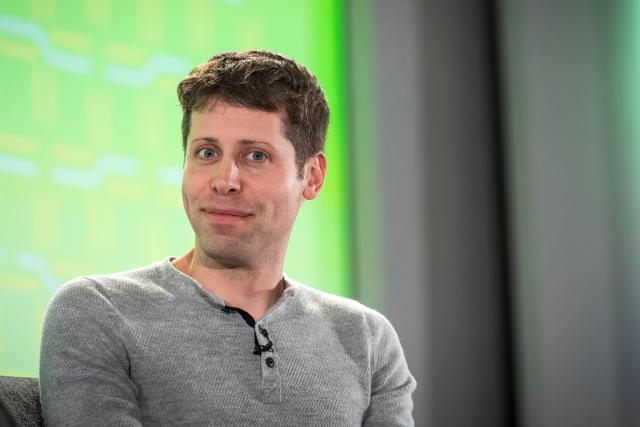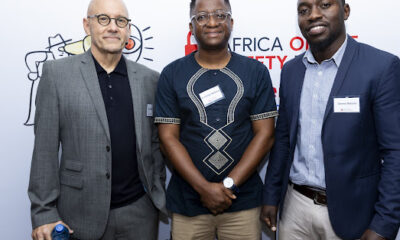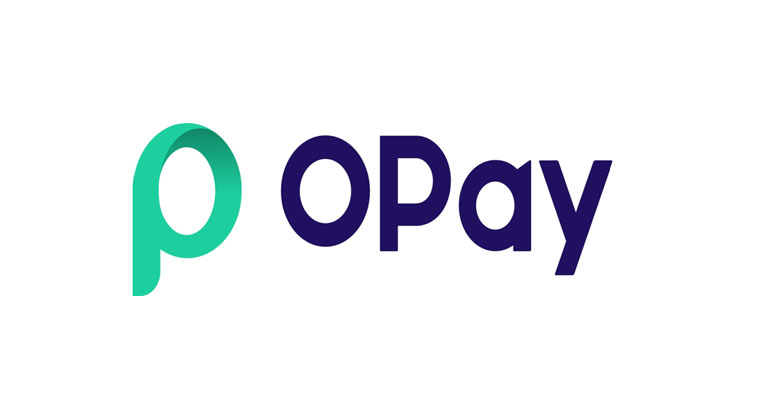Creator of OpenAI chatbot ChatGPT, Sam Altman is one whose name might not ring a bell to most people despite being in the tech scene for a long time, but suddenly, he has become an internet sensation following the creation of his exceptional AI Chatbot.
Sam Altman says he wants to bring the internet out of the home and into the wild.
Who is Sam Altman?
Born in 1985 in Chicago, to a Jewish family, Sam Altman is an American entrepreneur investor, programmer, and blogger. He is also the chairman of Y combination and co-chairman of Open AI.
For high school, he attended John Burroughs School and he studied computer science at Stanford University until dropping out in 2005.
Career
After dropping out of university at the age of 19, Altman went on and co-founded Loopt, a location-based social networking mobile application.
After raising more than $30 million in venture capital, Loopt was shut down in 2012 after failing to get traction. It was acquired by the Green Dot Corporation for $43.4 million.
In 2015, Altman was named the top investor under 30 by Forbes magazine, one of the “Best Young Entrepreneurs in Technology” by Businessweek magazine in 2008, and listed as one of the five most interesting startup founders between 1979 and 2009 by his colleague Paul Graham.
He is a serial investor with investments in so many companies such as Reddit, Pinterest, Airbnb, Stripe, Asana, Teespring, Instacart, Zenefits, FarmLogs, True North, Shoptiques, Optimizely, Soylent, Verbling, Reserve, Vicarious, Clever, and Notable PDF (now Kami). It is, however, interesting to note that he was the CEO of Reddit for eight days in 2014 after CEO Yishan Wong resigned.
Altman is currently the CEO of OpenAI, a capped-profit research company whose goal is to advance artificial intelligence in a way that is most likely to benefit humanity.
The organization was initially funded by Tesla and Twitter CEO Elon Musk, YC Research, Amazon Web Services (AWS), and with few other funders.
As the creator of ChatGPT, a large language model developed by OpenAI, Altman has made a significant impact on the way humans interact with computers. As the world becomes increasingly digital, the need for technology that can understand and respond to natural language is becoming more important.
ChatGPT is no doubt at the forefront of this trend, which has seen it gather millions of users due to its remarkable features. Sam Altman with his remarkable innovation of AI Chatbot ChatGPT has heightened competition in the tech space as most tech companies such as Google, Microsoft, and Baidu, are seeking to integrate AI Chatbot into their system.


 Forex4 weeks ago
Forex4 weeks ago
 Naira3 weeks ago
Naira3 weeks ago
 Billionaire Watch3 weeks ago
Billionaire Watch3 weeks ago



 Naira3 weeks ago
Naira3 weeks ago






 Naira3 weeks ago
Naira3 weeks ago




 Naira2 weeks ago
Naira2 weeks ago






 Naira2 weeks ago
Naira2 weeks ago




 Naira4 weeks ago
Naira4 weeks ago





















